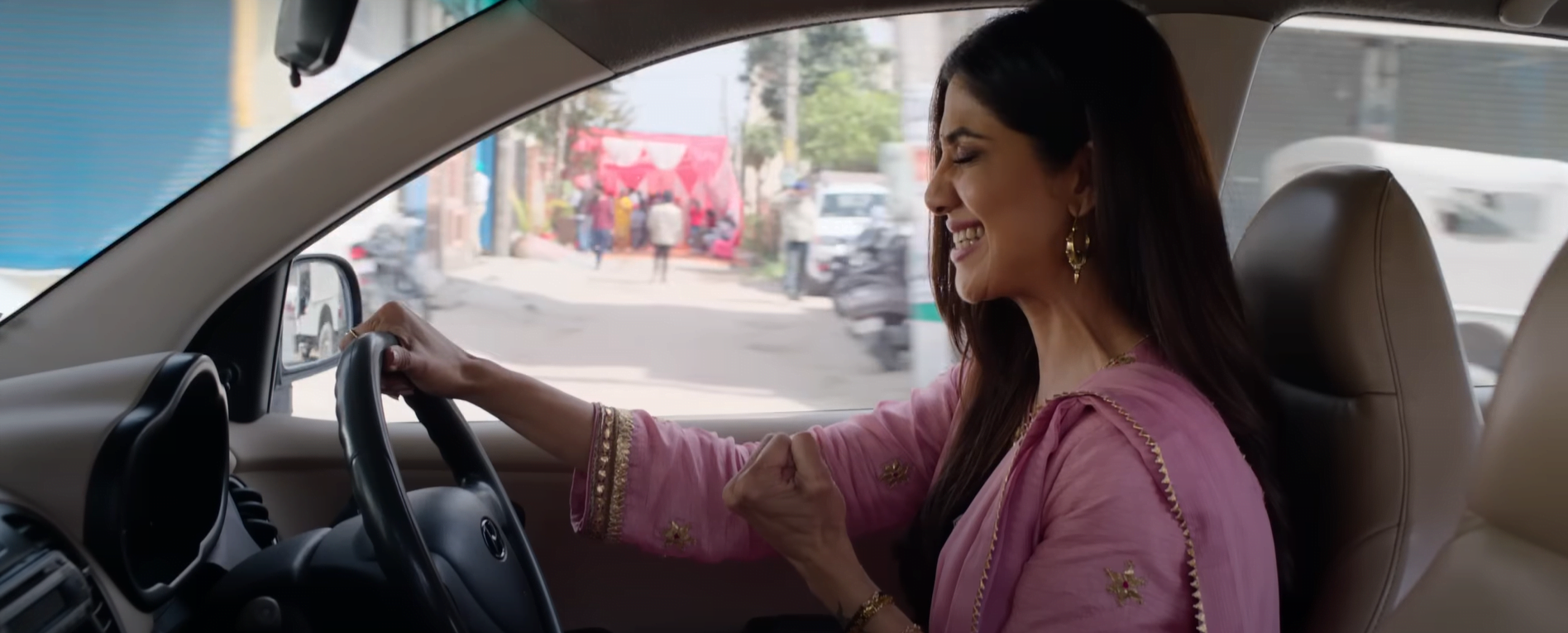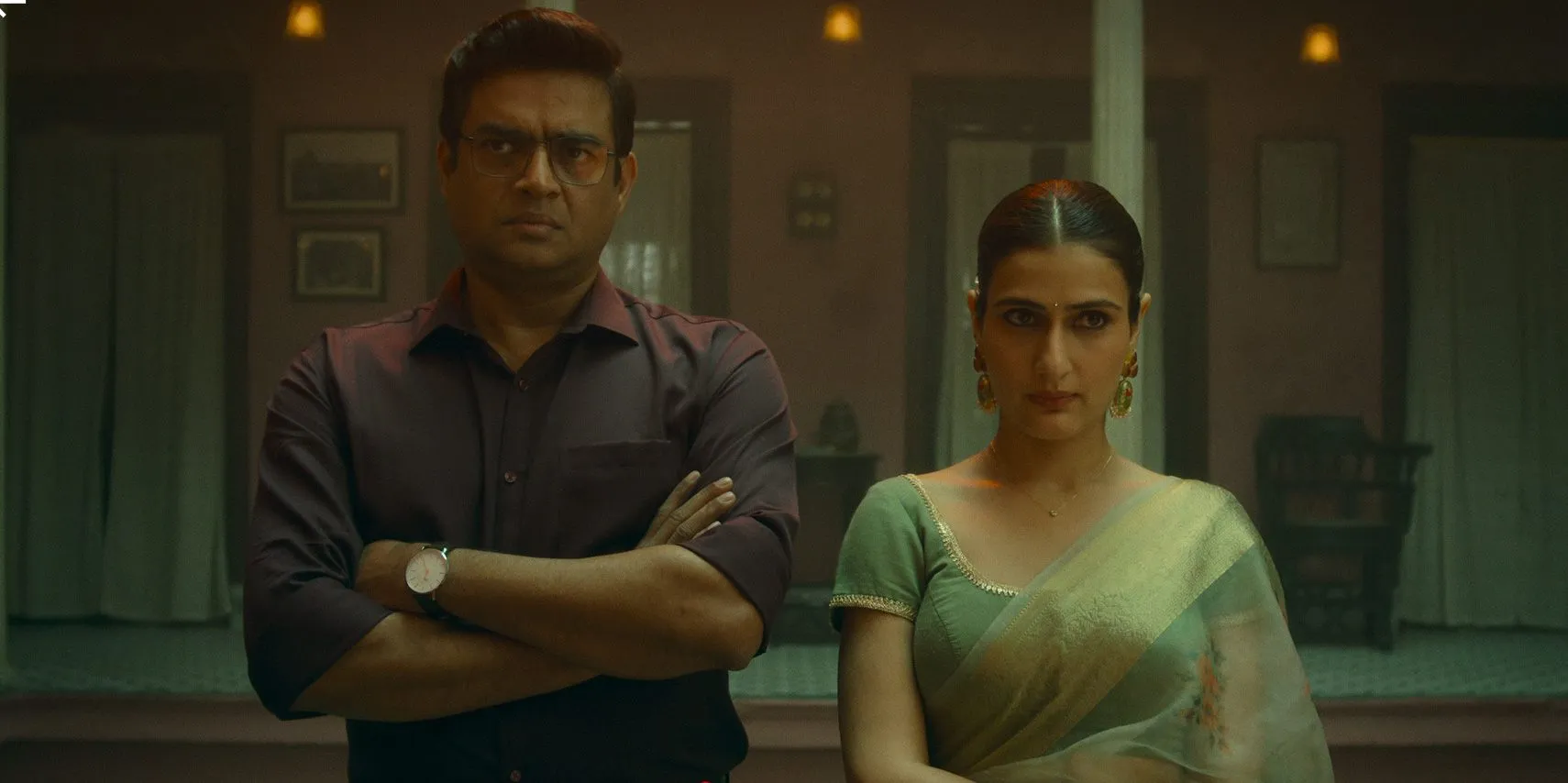The directorial debut of Sonal Joshi Sukhee is a Hindi language mellow film that talks about a 38-year-old woman’s journey towards self-discovery. The story deals with the protagonist character named Sukhpreet Kalra, aka Sukhee (played by Shilpa Shetty Kundra) a devout middle-class Punjabi homemaker nearing her forties, going through an existential crisis. A school reunion invitation jolts her out of her blankness from mundane life.
Though it is obvious for a film based on the eponymous character to focus more on her and her journey than on others, Sukhee does not go around pounding drums force-fitting her issues in every single frame. Rather it keeps us immersed in Sukhee’s life, her difficulties, and her joys, like a slide making it more relatable while noting the problems of the other women in her squad at times.
Same old narrative
As per societal norms, women are traditionally encouraged to be happy within the sphere of self-sacrifice that moulds them to be an ideal bahu, bhabhi, or beti. Her entire life including her likes and dislikes is supposed to be altered according to her partner’s and children’s needs. Sukhee is one such woman we see in society who lives for her family trying to find joy in her mundane activities and adhering to the stereotypes. Her narrative resonates because it reflects the inner conflict of practically every middle-class homemaker who marries young and sacrifices her dreams for the sake of love.
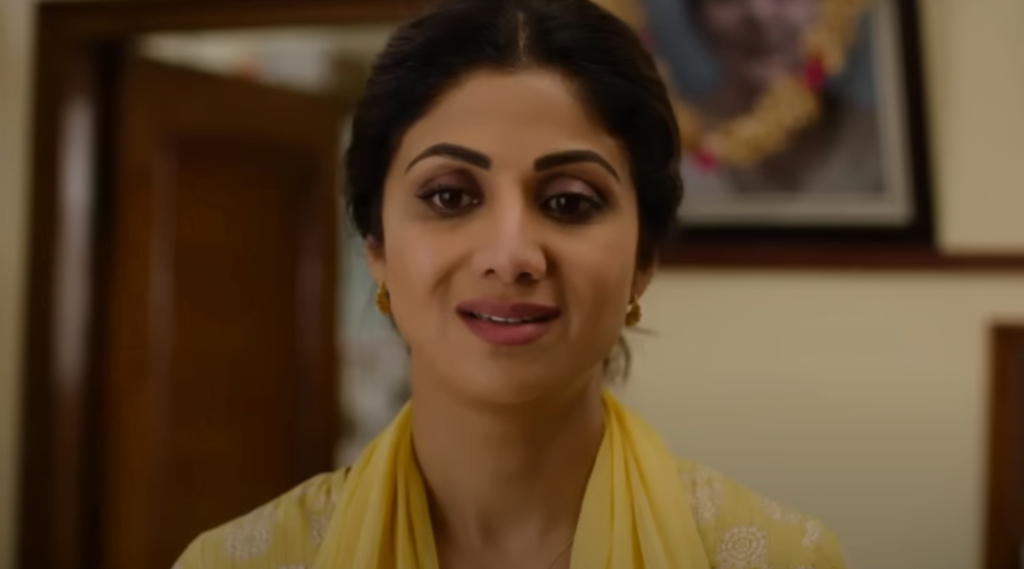
Yes, we have come across such narratives before, in many languages, a woman who is bound to sacrifice everything and finally frees herself and starts living for herself. There is nothing new in the narrative and still, it is here, why exactly? The plight of many women in society is mirrored by characters like these, making it necessary to address their turmoil in order to finally rediscover life and relationships.
During the reunion, we see layers of emotions in Sukhee, her profound grief at being left behind in contrast to her working woman besties, whom she views to be achievers. It derives from society’s image of homemakers. Her friends judge her when she says she is doing a full-time job as a homemaker, mirroring society’s perception of homemakers as doing nothing. When her husband asks “Saara din ghar pay karti kya hai?” (What do you do all day at home?) It mirrors the sexism and patriarchy prevailing in many households.
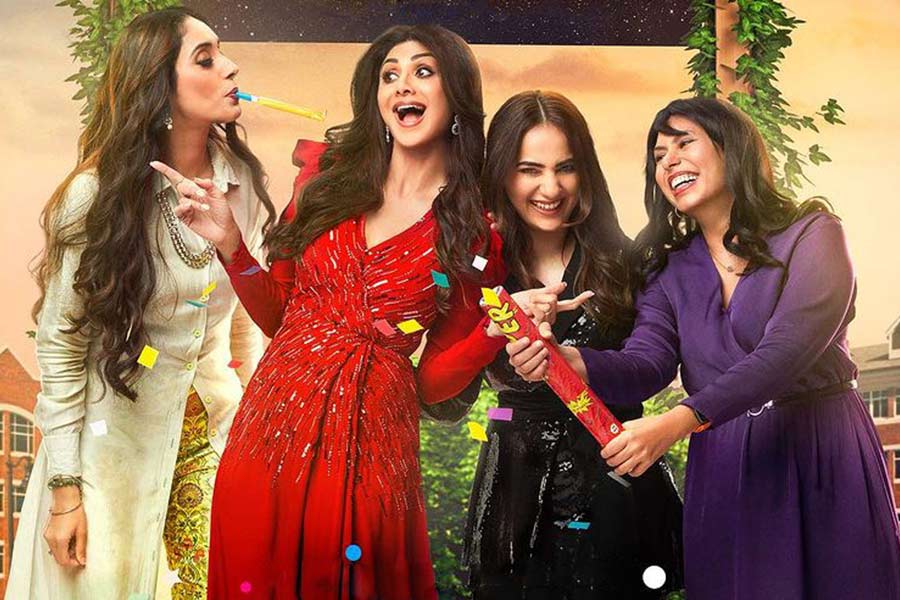
In the film, we see how Sukhee relives her adolescence college life while going through a range of experiences in just seven days during the reunion as she emerges rekindled, reborn, and making the most difficult transition of her life; from being a wife and mother to being a woman once more. We see her past, the happiness she had, then boyfriend now husband Guru and how content she felt in her relationship in the past to the point she left her own house choosing a life completely new. What did she miss in that process? Is it her life or herself is the question the film asks.
How female friendships change after marriage
It is natural for people to miss out on seeing their friends as frequently as they used to. But does this imply that interactions should grow less frequent or disappear entirely? It may not be true for all. Another issue the film raises is how distant she gets from her friends after getting married, which is sadly the reality of many women from different realms of society.
Even today, when individuals are more willing to accept their individuality and respect the choices made for themselves, women occasionally begin to lose their tribe as they get married while men may not. Why, one may question, do so many women find it difficult to maintain friendships with other women, particularly after the marriage? Or is it not vital for married women to have their tribe—a safe space?
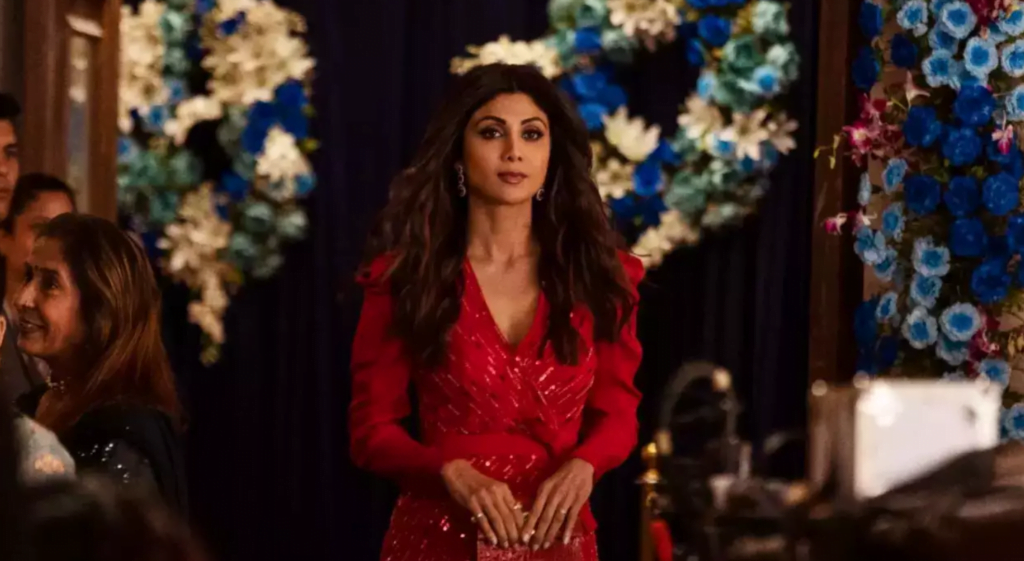
The answer goes back to square one of the discussions, how for women, getting married is considered the pinnacle goal in the society which changes her outlook and approach towards friendship and many other relationships apart from the husband and children. The entire sociocultural perspective on marriage presents it as something that men submit to and women strive for.
What changes between men and women in sustaining meaningful relationships? It is surprisingly disappointing that this narrative of losing quality time with friends is conveniently absent in the husband’s case after marriage.

We also see how unaware is Sukhee of her friends’ life events in the scene where they vent and scream their problems out loud inside a public toilet. We see how each of them is dealing with their hurdles, one in professional life, one in marital life and so on. She feels and looks more of herself around her friends because, there she is not a mere wife or a mother, she is Sukhee, the real self at least for once after years of sacrifices inside a house.
The need for every woman to be happy with their friends, the way they deserve to be, taking charge of what to do, and where to go without devoting their life compacting to a single role is beautifully addressed here in the film.
Why should parenting solely be a mother’s duty?
Both Maahi Jain who played the daughter character and Chaitanya Choudhry who played Guru: the husband, did a good job of depicting their flawed characters. With them, we see how society’s weight of parenting responsibility completely falls on the mother and choosing to be anything other than a 24/7 mother is labelled as a self-centric personality trait she chooses. This equates to families who believe it is the mother who is at fault if the children fail to stand up to the benchmarks, which is equally toxic towards the kids and the mother.
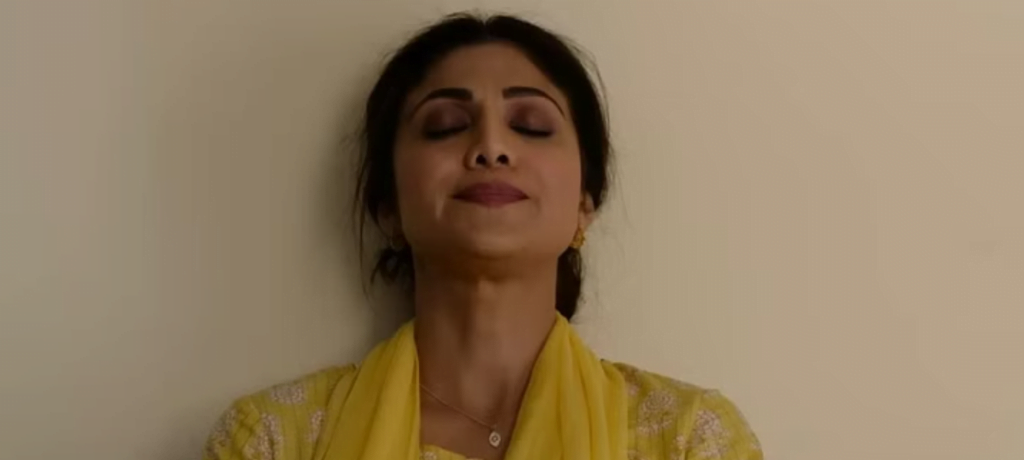
A father of a teenage daughter who is unaware of menstruation and his own child’s needs is what we witness through the character Guru. From the time of his daughter’s birth until the moment he was asked about the essentials of periods at a medical shop, he must have done zero to little amount of parenting which was clear to the audience. Be it the daughter’s science project, the personality traits, the food preferences, or basic awareness about menstruation in general, we see how Guru, as a father is inoperable without Sukhee, the mother. This is the real-life situation in many houses, where the father is the only breadwinner focused on his problems.
The mother is supposed to take care of everything else and not complain or address her needs or the weight of reasonability. When she fails to stand up to the expectations of her husband or children, she is considered a selfish person.
The equality and principles they fought for during college times become a myth here. People often forget a mother has a personality, difficulties, dreams, and her own identity other than these roles assigned. It is high time that we take off the weight of parenting only to a mother who often gets blamed for anything related to the child.
Sukhee’s journey of self-discovery
Is she respected by her husband? No. Is she happy with the current situation of her marital life? No. Does she earn for getting her old life back where she was leaving a life adhering to her own heart and nothing else? Yes.
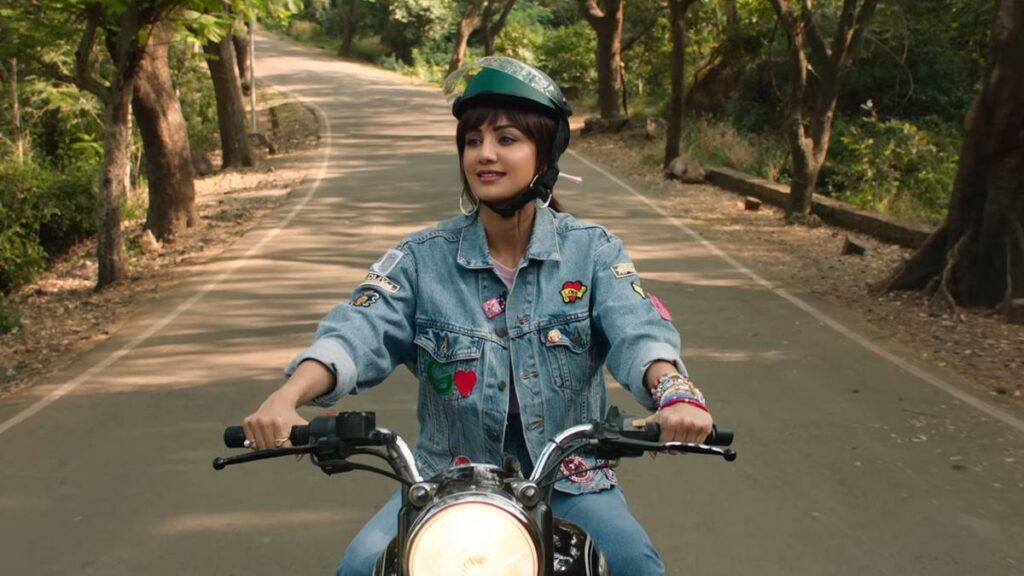
Sukhee makes you look within as she takes the narrative because she chooses to explore her past and break free from the constraints of her home life, much to the dismay of her husband and daughter who believes she is obliged to be there for them without wanting a break.
It is during the climax, when you feel she has found her path, not losing her self-respect to anyone trying to save her toxic relationship for the person the husband ‘was,’ you see her having their own same old ‘happy ending,’ at the end adhering to the cliché we have witnessed in many other films. And this is where Sukhee fails to impress the audience.
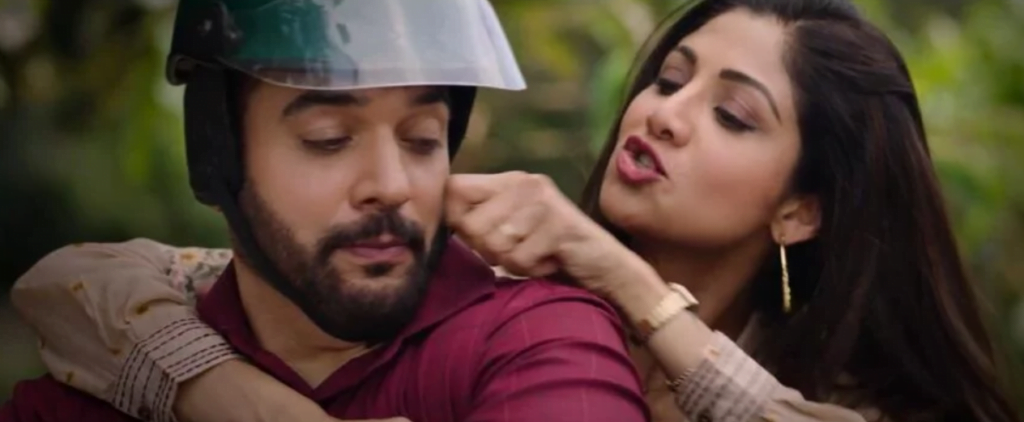
The film failed to practice what it preached towards the end. The husband was clearly a sexist and misogynist setting up a bad example of how to get treated in a relationship to their daughter as well. As Sukhee mentions many times, he was not the person she fell in love with, as seeing a friend’s wife nursing the friend reminded him of his wife and her worth, the relationship needs to be given second thoughts.
Not every story needs to have the stereotypical happy ending where everybody rejoins or patches up, sometimes happy endings are choosing oneself and walking away with respect.
